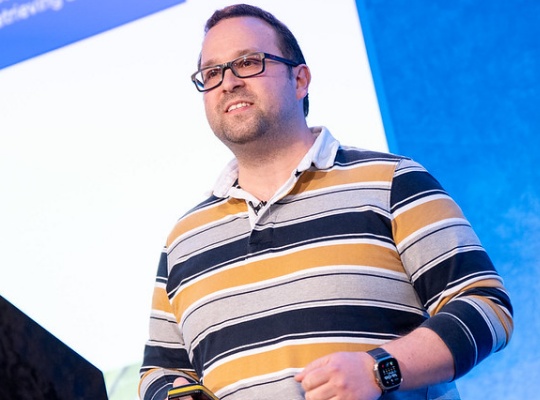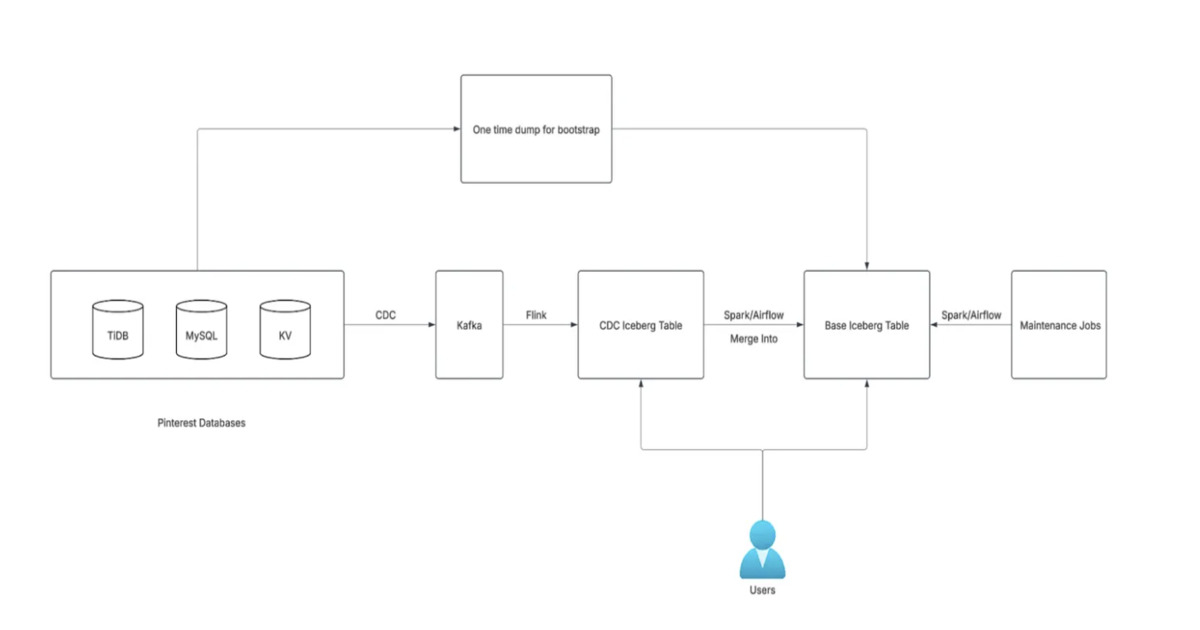Codetown
Codetown ::: a software developer's community
Just started with Ruby on Rails ( Rails 3) and I'm trying to figure out the best I.D.E. Here's what I've found so far:
Eclipse / DLTK - while researching this on the web I came across a number of broken links which was a bad sign and when I did get it installed I wasn't able to debug using it. Ater some more web searches I came across a few posts that said basically the Ruby plug-in had run out of steam and was not being pursued.
JetBrains/RubyMine - this installed and works, so far the *looks* like the best bet. The instant database diagramming looks really cool, do other I.D.E.s support this?
Ecliplse/Aptana - just got this installed, Will try debugging with it soon.
Does anyone have recommendations for their favorite I.D.E.? I don't need anythgin too fancy, as long as I can set a breakpoint and view variables and the call stack I'm happy. And it helps if its a free product.'
Tags:
Replies to This Discussion
-
Permalink Reply by Michael Levin on December 5, 2012 at 10:07am
-
Kevin, What have you found out so far with Eclipse/Aptana and JetBrains/RubyMine? Have you experimented with any other IDE's?
-
-
Permalink Reply by Kevin Neelands on December 5, 2012 at 4:28pm
-
With Eclipse/Aptana I *think* I got installed, but the online references that showed how to start a debugging session accessed menu options that were not present so I was unable to use it. So far RubyMine looks the best, it also checks the syntax of of .html.erb ( Embedded RuBy ) files and generates a diagram of your DB tables, highlighting any relationships that look hinky. Worth noting RubyMine costs money, while the others I've looked at are open source and frankly I think the developers for the free plugins ran out of steam. The profit motive at work.
-
Notes
Welcome to Codetown!
 Codetown is a social network. It's got blogs, forums, groups, personal pages and more! You might think of Codetown as a funky camper van with lots of compartments for your stuff and a great multimedia system, too! Best of all, Codetown has room for all of your friends.
Codetown is a social network. It's got blogs, forums, groups, personal pages and more! You might think of Codetown as a funky camper van with lots of compartments for your stuff and a great multimedia system, too! Best of all, Codetown has room for all of your friends.
Created by Michael Levin Dec 18, 2008 at 6:56pm. Last updated by Michael Levin May 4, 2018.
Looking for Jobs or Staff?
Check out the Codetown Jobs group.
InfoQ Reading List
Vercel Releases React Best Practices Skill with 40+ Performance Rules for AI Agents

Vercel has launched "react-best-practices," an open-source repository featuring 40+ performance optimization rules for React and Next.js apps. Tailored for AI coding agents yet valuable for developers, it categorizes rules based on impact, assisting in enhancing performance, bundle size, and architectural decisions.
By Daniel CurtisKubernetes Introduces Node Readiness Controller to Improve Pod Scheduling Reliability

The Kubernetes project recently announced a new core controller called the Node Readiness Controller, designed to enhance scheduling reliability and cluster health by making the API server’s view of node readiness more accurate.
By Craig RisiPresentation: Platforms for Secure API Connectivity With Architecture as Code

Jim Gough discusses the transition from accidental architect to API program leader, explaining how to manage the complexity of secure API connectivity. He shares the Common Architecture Language Model (CALM), a framework designed to bridge the developer-security gap. By leveraging architecture patterns, engineering leaders can move from six-month review cycles to two-hour automated deployments.
By Jim GoughMicrosoft Open Sources Evals for Agent Interop Starter Kit to Benchmark Enterprise AI Agents

Microsoft's Evals for Agent Interop is an open-source starter kit that enables developers to evaluate AI agents in realistic work scenarios. It features curated scenarios, datasets, and an evaluation harness to assess agent performance across tools like email and calendars.
By Edin KapićPinterest’s CDC-Powered Ingestion Slashes Database Latency from 24 Hours to 15 Minutes

Pinterest launched a next-generation CDC-based database ingestion framework using Kafka, Flink, Spark, and Iceberg. The system reduces data availability latency from 24+ hours to 15 minutes, processes only changed records, supports incremental updates and deletions, and scales to petabyte-level data across thousands of pipelines, optimizing cost and efficiency.
By Leela Kumili
© 2026 Created by Michael Levin.
Powered by
![]()